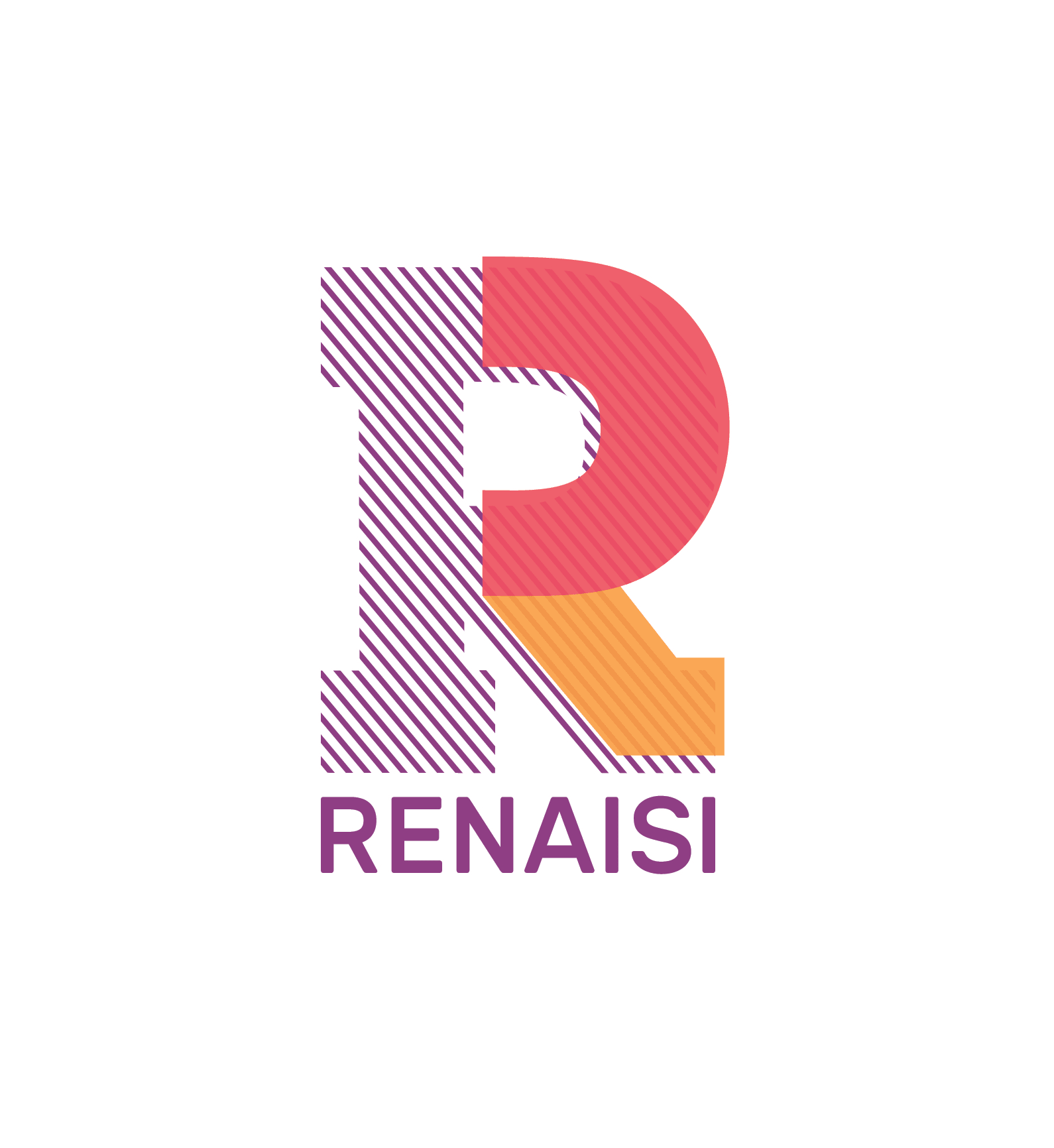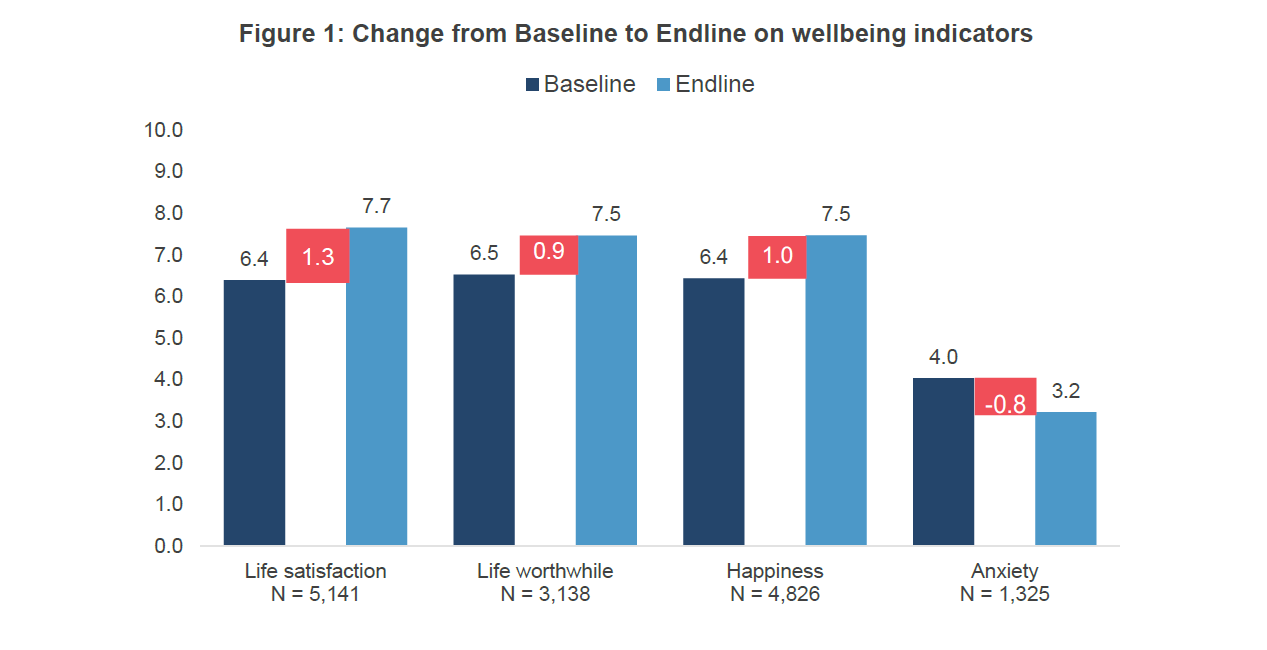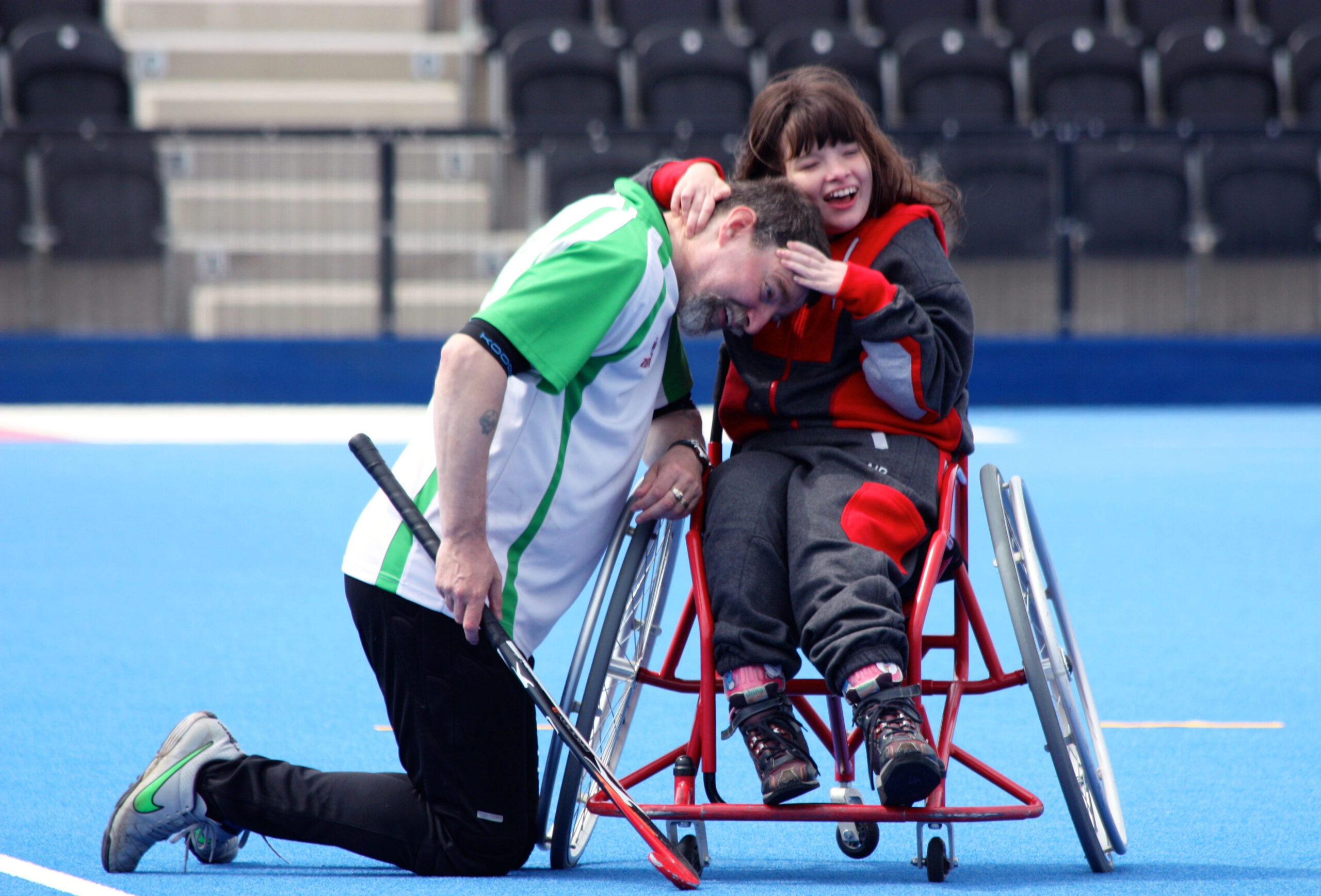
Evaluating Our Impact: Renaisi 2019 – 2023

Between 2019 and early 2023, Renaisi were our independent learning partner, supporting the development of our evidence base and insights by:
- Identifying the impact projects have towards our three priority outcomes: improving wellbeing, changing perceptions and attitudes towards disability and increasing social cohesion;
- Identifying factors that made positive change more or less likely;
- Understanding the contribution that Spirit as a funder made towards these outcomes;
- Renaisi explored our progress towards our three main areas of social impact – wellbeing, perceptions of disability and social connectedness in three thematic reports.

Wellbeing:
This report explores our impact on wellbeing, including aggregating the impact of projects using the ONS4 subjective wellbeing indicators:
- Overall, how satisfied are you with your life nowadays, where 0 is “not at all satisfied” and 10 is “completely satisfied”?
- Overall, how happy did you feel yesterday, where 0 is “not at all happy” and 10 is “completely happy”?
- On a scale where 0 is “not at all anxious” and 10 is “completely anxious”, overall, how anxious did you feel yesterday?
- Overall, to what extent do you feel that the things you do in your life are worthwhile, where 0 is “not at all worthwhile” and 10 is “completely worthwhile”?
- Results from this quantitative analysis are showed that our projects increased the average levels of life satisfaction, life worthwhile and happiness, and decreased anxiety (see below).

The report also covers other wellbeing outcomes, such as increases in physical health and ‘social wellbeing’ (friendships and reduced loneliness).
It also identifies what types of activities improved wellbeing, as well as how the activities were delivered to facilitate wellbeing outcomes.
We have built on this work with partnerships with the What Works Centre for Wellbeing and our Legacy Learning Partnership with Pro Bono Economics.
Perceptions of Disability:
This report explores how Spirit of 2012 grantees sought to understand and change perceptions of disability, looking primarily at projects funded between 2018 and 2021.
It identifies 6 key mechanisms of change:
- Positive representation;
- Inclusive participation;
- Education, training and awareness raising;
- Co-production;
- Employment;
- Challenging self-limiting beliefs.
This report also explores many of the grantees had in measuring this outcome – where evaluation tools where not always suitable for understanding whether there had been a change – as well as describing the good practice they found.
We have built on this topic through our Legacy Learning Partnership with Loughborough University.

Social connectedness
” I find it hard to put into words as to what it meant and how it felt to walk the streets of Canley with 100 residents and people coming out, opening their windows, standing outside their houses…it was so moving, just the sense of absolute pride. There were lots of individuals that were parading next to people they’ve never met before, and having this kind of collective experience.”
This research explores three main types of social connection outcomes from Spirit’s grants: inter-community (bridging) projects between two or more different communities, intra-community projects that strengthened belonging and pride within the same community, and ‘individual level’ activities where the focus was on increasing social connection levels in people who were lonely or isolated.
It also looks at three main mechanisms that include social mixing: volunteering, regular participatory activity and one-off events. In Spirit’s projects, events are sometimes a catalyst for future mixing, and at other times the culmination and celebration of a period of increased mixing through volunteering or regular participation.
The three main mechanisms of change identified by the review were:
- Facilitating contact between different groups;
- Taking an educational approach;
- Delegating the decision making to the community .
We went on to explore this topic in greater depth with our Legacy Learning Partner Belong.
